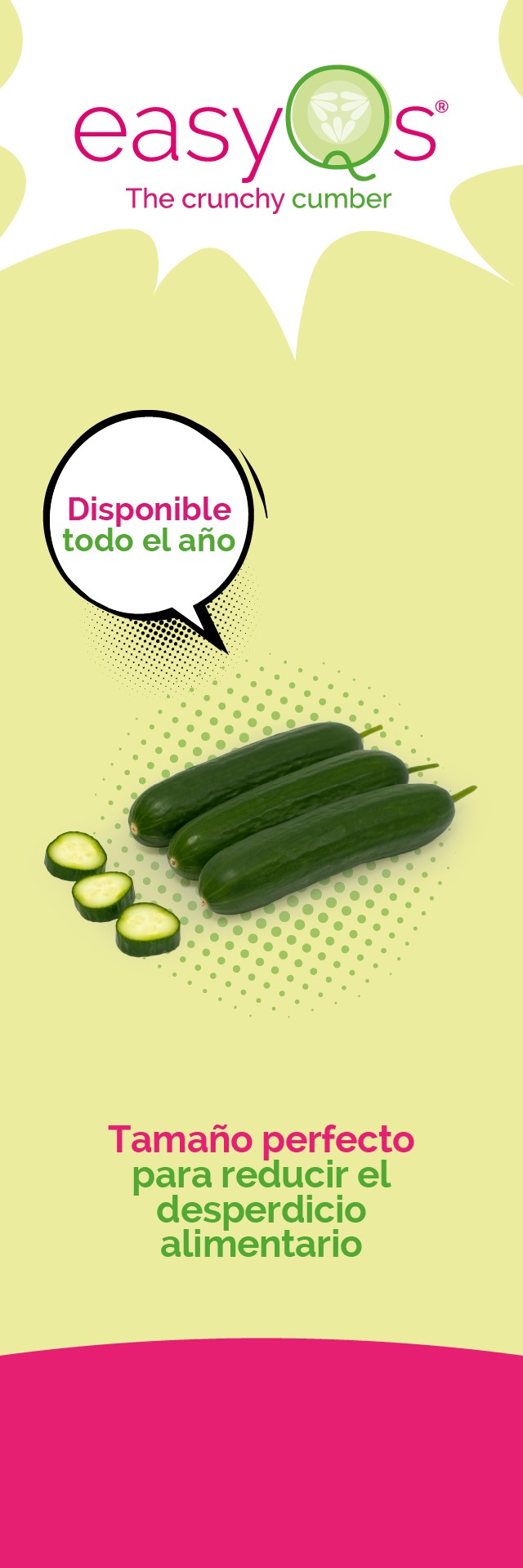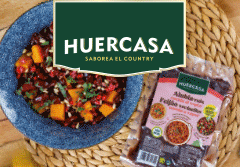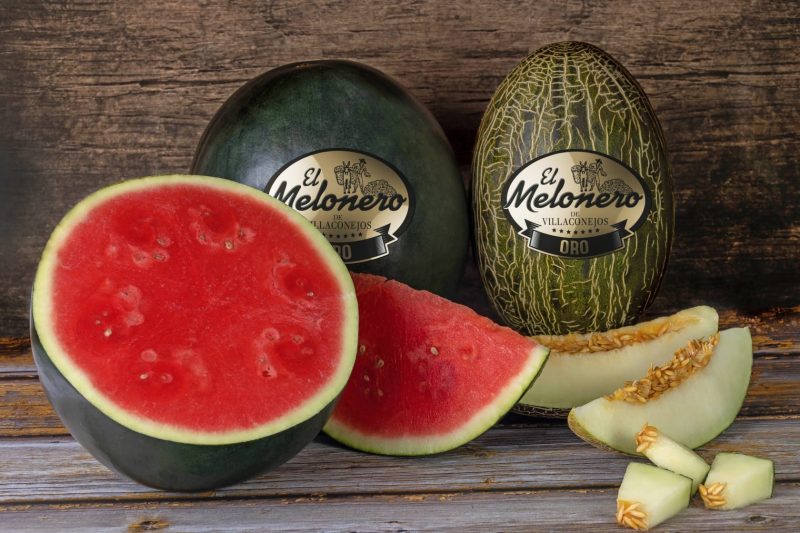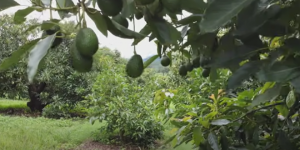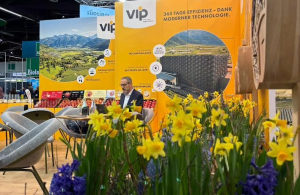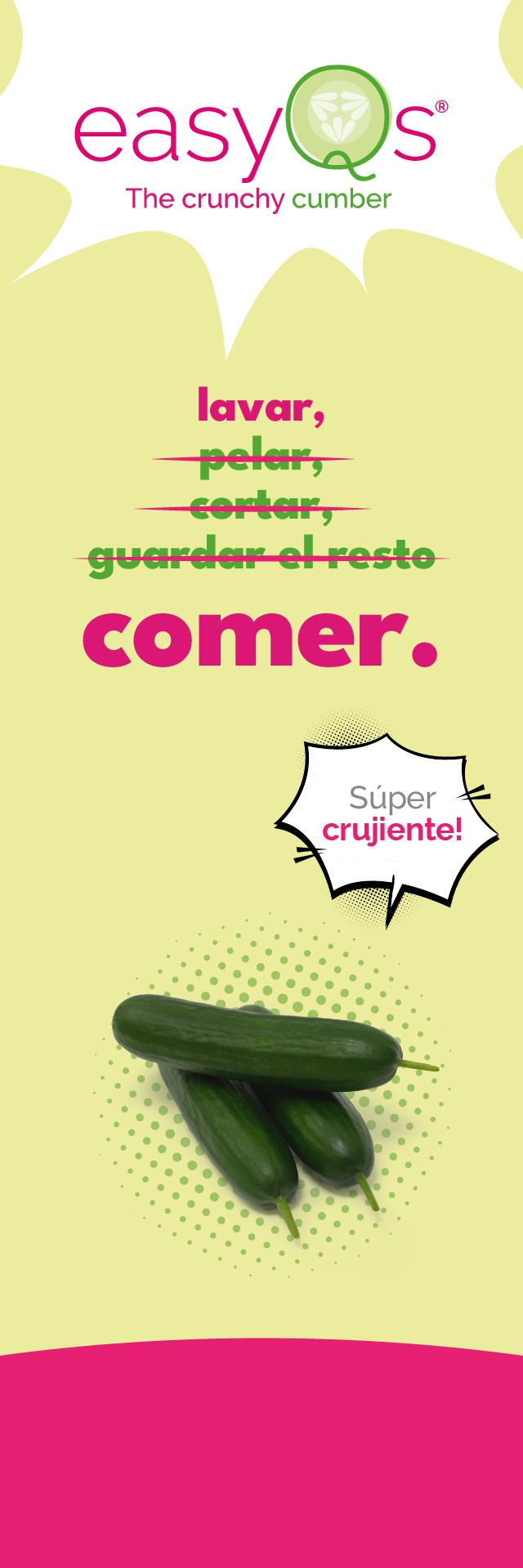El Melonero, a benchmark in the production of Piel de Sapo melon, is going through a clear phase of expansion that will require relocating to new facilities in the next campaign. This is confirmed by its Commercial Director, Ricardo Agudo, who points out that sustained volume growth and the need for greater process efficiency have led the company to acquire a larger warehouse near the Madrid municipality. “Each year we grow in volume, and the current facility has become too small,” he acknowledges.
Currently, El Melonero handles around 20 million kilos annually between melons and watermelons, with 75% of the volume focused on Piel de Sapo melon, its flagship product. However, it is watermelon—introduced just five years ago as a complementary product—that is now experiencing significant growth, especially in its premium line. “We don’t grow watermelon to compete on price, but rather a high-quality black and striped seedless watermelon, because that’s what our customers were asking for,” says Agudo, surprised by the speed at which this category is growing.
The company is currently immersed in the national campaign, with production in Murcia and its sights set on the La Mancha plantations, which are expected to start around July 15–20. The campaign in Murcia is marked by lower availability of kilos, but high field prices and outstanding quality. “Few kilos, but good quality: everything that’s available gets sold,” he notes.
RELATED NEWS: First Mantuan PGI Melon Symposium
The Madrid-based company maintains its primary focus on Spain, where its brand enjoys strong recognition among retailers. In fact, nearly 80% of the supermarkets they work with sell under the company’s own label. At the European level, Piel de Sapo melon still faces cultural barriers, as it is less known than other varieties such as Galia or yellow melon. However, countries like France, Belgium, and Italy are showing upward trends, especially thanks to Arab and African communities that recognise and value this type of melon.
As for the off-season campaign, El Melonero imports from Brazil and Senegal. While the Brazilian campaign has been a success in both quality and volume, the Senegal campaign has been affected by weather problems that reduced both the quantity and quality of the product. “Brazil is our most important winter campaign, and it has worked very well. In Senegal, however, there have been complications this year,” explains Agudo.

